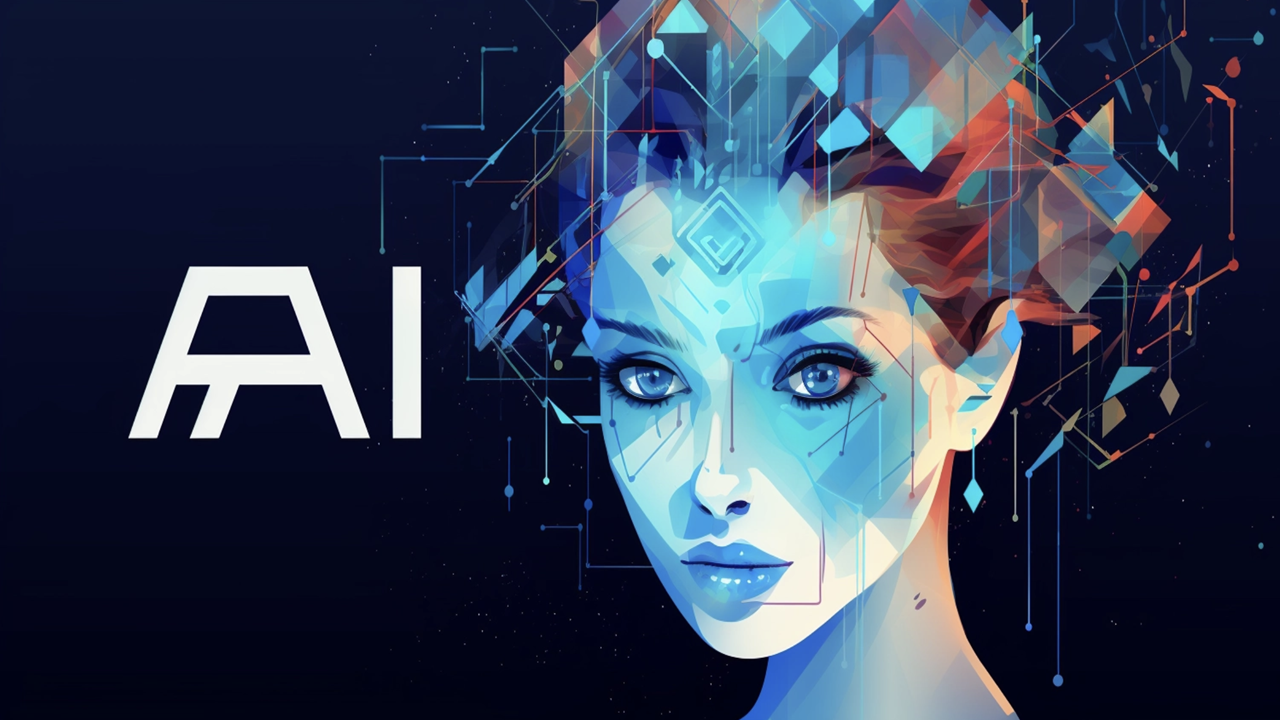The Democratization of AI: Low-code and No-code Tools Making AI Accessible to Everyone
In a world dominated by technology, the democratization of Artificial Intelligence (AI) is no longer a distant dream. Thanks to the rise of low-code and no-code tools, individuals with diverse backgrounds can now harness the power of AI without being experts in coding. This blog explores the transformative journey of AI accessibility, delving into the significance of low-code and no-code platforms and their role in making advanced technology available to everyone.

Breaking Down Barriers to AI Adoption
Artificial Intelligence has long been perceived as a complex realm accessible only to highly skilled programmers and data scientists. However, the narrative is rapidly changing, thanks to the advent of low-code and no-code AI tools. These platforms are breaking down barriers and democratizing access to AI, making it an integral part of various industries.
Understanding Low-code and No-code: A Gateway to AI for Everyone
Low-code and no-code platforms offer simplified interfaces that allow users to create applications and automate processes with minimal coding or, in some cases, no coding at all. These tools empower individuals with diverse skill sets, from business analysts to marketing professionals, to leverage the capabilities of AI without delving into the intricacies of programming languages.
The beauty of low code lies in its ability to bridge the gap between traditional coding and visual development. It enables users to drag and drop pre-built components, significantly reducing the time and effort required to develop AI-powered applications. On the other hand, no-code platforms take this a step further by eliminating the need for coding and making AI accessible to those with no programming background.
AI for the Non-Techies: Empowering Creativity and Innovation
One of the most significant advantages of low-code and no-code AI tools is that they empower individuals who may not have a technical background to unleash their creativity and drive innovation. Imagine a marketing professional designing a predictive analytics tool to optimize advertising strategies or a healthcare administrator automating patient data analysis without relying on IT support. These scenarios are no longer distant fantasies but tangible possibilities with the democratization of AI.
The Role of Low-code and No-code in Fostering Inclusivity
AI accessibility is not just about making technology available; it's also about fostering inclusivity. Low-code and no-code tools are instrumental in ensuring that a diverse range of voices is heard in the development and deployment of AI applications. By providing a user-friendly interface, these platforms empower individuals from various backgrounds, including women, minorities, and those in non-technical roles, to actively participate in the AI revolution.
In a world where diversity is recognized as a key driver of innovation, the democratization of AI through accessible tools becomes a catalyst for positive change. It breaks down the traditional barriers that have limited certain groups from engaging with advanced technologies and opens the door to new perspectives and ideas.
Elevating Businesses through Automation: The Low-code Advantage
Businesses are increasingly recognizing the potential of AI in enhancing efficiency and driving growth. Low-code platforms play a pivotal role in this by enabling organizations to rapidly develop and deploy AI-driven applications tailored to their specific needs. From streamlining internal processes to enhancing customer experiences, the automation capabilities of low-code tools are revolutionizing the way businesses operate.
Small and medium-sized enterprises, in particular, stand to benefit from the democratization of AI through low-code platforms. These tools offer cost-effective solutions that allow businesses with limited resources to compete on a level playing field with larger counterparts. The democratization of technology ensures that innovation is not confined to industry giants but is accessible to businesses of all sizes.
No-code: Redefining Accessibility in AI Development
No-code platforms take the democratization of AI a step further by eliminating the need for coding. This opens up a world of possibilities for individuals with little to no technical expertise. Entrepreneurs, content creators, and professionals in non-technical roles can now develop AI applications without having to invest time in learning complex coding languages.
No-code AI tools often employ intuitive interfaces and visual design elements, allowing users to design and deploy AI models through a simple drag-and-drop process. This not only accelerates the development cycle but also makes AI a reality for those who might have shied away from it due to perceived technical complexities.
The Future of AI: In the Hands of the People
As low-code and no-code AI tools continue to evolve, the future of AI is increasingly becoming decentralized. The power to innovate, automate, and solve complex problems through AI is no longer confined to a select few. It rests in the hands of individuals across diverse fields who can now bring their unique perspectives to the world of artificial intelligence.
The democratization of AI is not just a technological shift; it's a societal transformation. It signifies a future where technology is a tool for empowerment, where the benefits of AI are accessible to everyone, and where innovation knows no bounds. As we embrace this era of AI democratization, let's celebrate the inclusivity, creativity, and innovation that arise when advanced technology becomes a universal language spoken by all.
In conclusion, the democratization of AI through low-code and no-code tools is reshaping the landscape of technology, making it accessible to individuals from all walks of life. This revolution not only empowers businesses to thrive through automation but also ensures that the benefits of AI are enjoyed by a diverse and inclusive global community. As we navigate this transformative journey, the future of AI truly lies in the hands of the people.
- READ MORE ON:
- AI democratization
- Low-code
- Accessibility
- Technology
- Empowerment
- Automation
- User-friendly
- User-friendly AI
- Tech Inclusivity
- AI Accessibility
- No-code Revolution
- Inclusive Innovation
- Empowering non-techies with no-code AI tools
- Innovative applications through low-code technology
- Democratizing artificial intelligence for diverse industries
- The role of no-code platforms in business automation
- AI accessibility for entrepreneurs and small businesses










